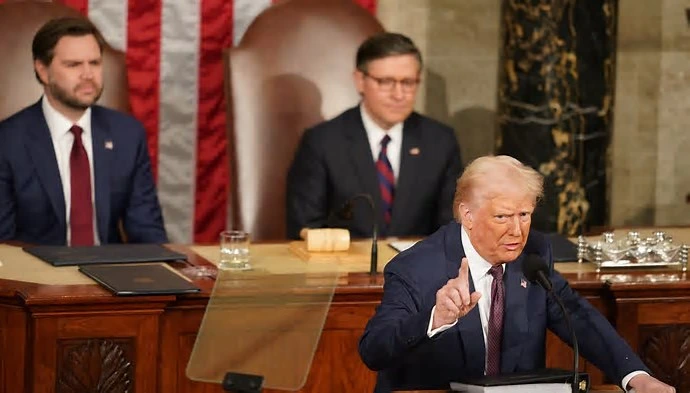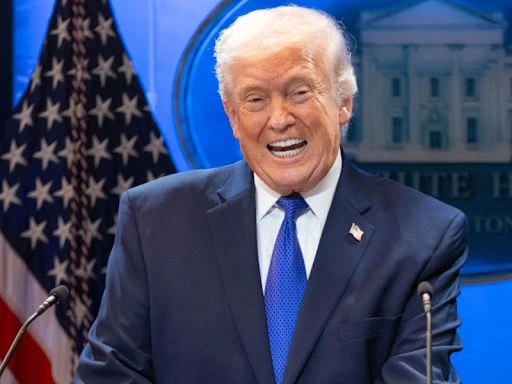04-may-2024, SATURDAY
Taiwan and the United States recently held trade talks in Taipei, highlighting the ongoing efforts to deepen economic ties between the two partners amidst broader geopolitical tensions. The discussions were particularly focused on agricultural products and the critical issue of forced labor, reflecting a shared commitment to promoting fair and ethical trade practices.
Agricultural Trade:
- The talks aimed to explore opportunities for increasing trade in agricultural products. Taiwan is interested in expanding its exports of fruits and other specialty products, while the United States is looking to increase its market share for soybeans, corn, and beef in Taiwan.
- Both parties are keen on ensuring that the trade in agricultural goods adheres to high safety and quality standards.
Forced Labor:
- A significant portion of the discussions was dedicated to addressing concerns over forced labor in supply chains. This comes against the backdrop of global calls for more responsible production practices.
- The U.S. emphasized the importance of transparency and compliance with international labor standards, which is in line with its broader foreign policy objectives of promoting human rights.
Bilateral Trade Agreement Prospects:
- The talks are part of ongoing negotiations that might lead to a more comprehensive bilateral trade agreement in the future. Such an agreement could encompass a wide range of sectors and strengthen economic ties further.
Economic Implications:
- For Taiwan, these talks are part of broader efforts to diversify its international trade relations amid increasing pressure from China. For the U.S., deeper economic ties with Taiwan serve both economic and strategic interests in the Asia-Pacific region.
Political Context:
- The location of the talks in Taipei is symbolically significant, reflecting an implicit endorsement of Taiwan’s role on the global economic stage, despite the lack of formal diplomatic recognition from the U.S. This move could be viewed with suspicion by Beijing, which views Taiwan as a breakaway province and has been wary of any actions that might imply Taiwanese sovereignty.
These discussions could pave the way for more robust economic partnerships between Taiwan and the U.S., particularly if they lead to a formal trade agreement. However, any progress in negotiations will need to be carefully balanced with the broader U.S.-China relations, which are already strained over issues such as trade, human rights, and territorial disputes in the South China Sea.
Both Taiwan and the U.S. appear committed to fostering a trading relationship that is not only economically beneficial but also adheres to shared values on labor rights and ethical practices. This approach could serve as a model for other trade negotiations and relationships globally.





